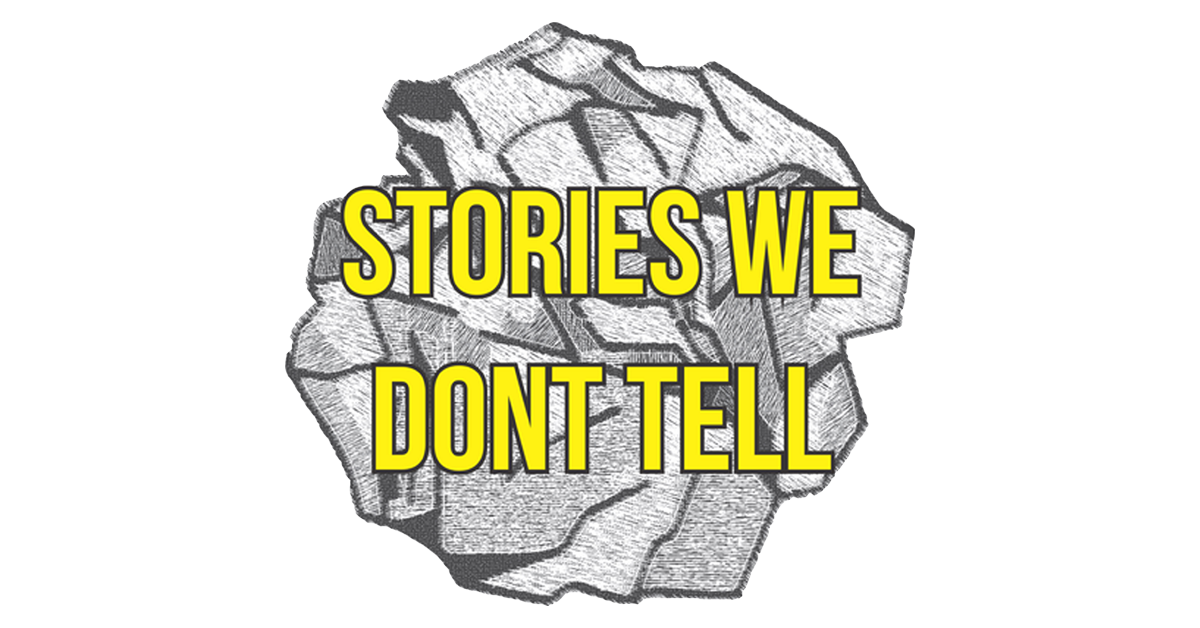WHAT WE NEED FROM YOU
In order to produce the best event possible and to create the proper environment for you to share your story, before committing, we do ask for a few things.
You’ll have to write your story down. Whether you use this during the event or memorize your story, we need to see the written draft. This helps us put the show together, among other things.
We understand life is busy! However, please do your best to come to both workshops. In addition to getting help to develop your story, we’ve found that hearing feedback on other people’s stories is just as helpful to everyone.
Leading up to the event, if you are sending us a final draft, it must reach our inboxes no later than the Wednesday before the event. Otherwise, you’ll have to wait until the following event to share your story.
We prioritize new and first time storytellers. If you are a returning storyteller, this is great and we strongly encourage you to share as many stories as you have. However, if there are more then six storytellers, we’ll be going with newcomers.
WORKSHOPS
Don't have a story written down? Or basically just putting on final tweaks? All are welcome and encouraged. In order to make each event the best that it can be, we invite anyone interested to share and workshop your story with us. For each event, we run two workshops.
WHAT HAPPENS AT THE WORKSHOPS?
Workshop #1 is where you bring whatever you got. Some people just have an idea, while others bring a fully written piece. Whatever stage you are with your story, we have you tell it to us (or read it to us) without any sort of censoring or editing. You will (hopefully) leave with some solid feedback on how to shape your story.
Workshop #2 is about wrangling the story into what you want to present at the event. After incorporating the (incredibly helpful) feedback from the first workshop, this is where editing and preparing to present comes in.
TIPS TO GET YOU STARTED
Write it Out and then Cut, Cut, Cut: Don’t worry about editing yourself until you have to.
Convey an Emotion: Plot is good, but stories are about people. What were you feeling during the events in the story?
You Have to Care: Take 3 Minutes and write down something you are passionate about and why you care. Recognize that feeling, and look for it when writing/telling stories.
Hide the Ending: Start with Action, then flashback. Chronological telling can work, but it can also take a long time.
Most stories are really about one moment: If you don’t have this moment, look for one! You can control time and really unpack this moment.
Repetition & Other Literary Techniques: Trying to connect multiple different stories/concepts? Repeating phrases in each story can connect them in peoples minds.
RESOURCES
We have a number of resources about what happens at the workshops and writing tips that we often use during the process.
If you have any questions about anything, please email us through the form below. This goes directly to us and we will respond as quickly as possible.



